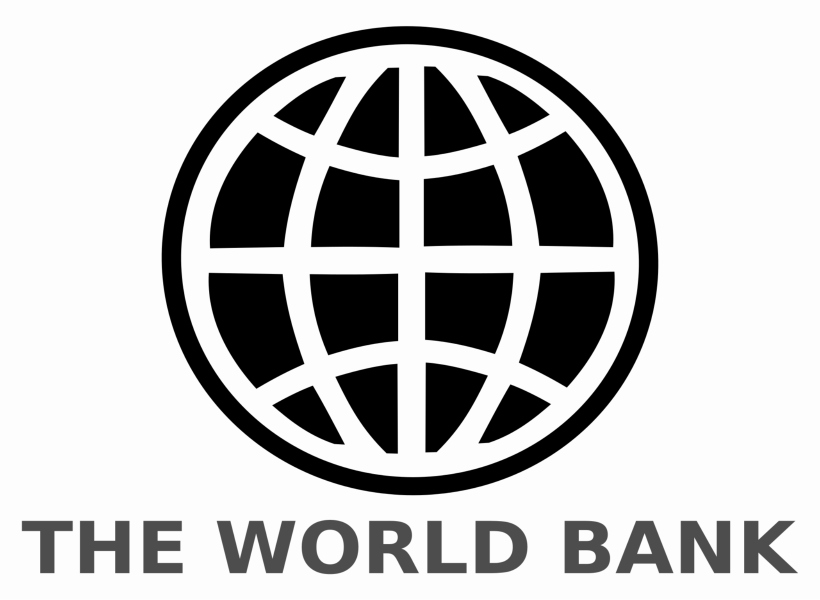Guyana’s Local Content Policy is scheduled for completion in March. But even at this stage, a number of crucial things have not been done. For one, the World Bank has pointed out that the draft policy is yet to be grounded in a realistic assessment of the country’s capacity needs.
In fact, the Bank said that it would be unreasonable for the government to incorporate local content targets into the policy if this is not done.
The donor body said, “The government needs to make a realistic assessment of the capacities of the local labour pool and business. In some cases, training can align local capacities with a project’s needs. In others, the gap may be too wide, and employing locally and using local goods and suppliers could increase project costs and lower public revenues, hence an assessment needs to be done.”
The Bank also pointed out that the Government is still to assess the current tax structures to ensure foreign firms do not have an advantage over locals.
In this regard, the financial institution said, “Local businesses need the capacity and operating environment to be able to engage in the extractive supply chain. Therefore, access to information can help local businesses plan their development to meet the needs of the industry. It is equally important that tax structures be analyzed to make sure that foreign firms do not have an economic advantage over local firms.”
In addition to this, the Bank said that the relevant authorities are still to assess the costs and benefits of the draft local content rules. On this point, the Bank said that costs can include the increased cost to the company; reduced tax revenue to the government; administrative costs of implementation and resource drain on other sectors; and opportunities for patronage, favoritism, and corruption. Benefits it noted can include skills and knowledge transfer, employment and tax revenues.
It stressed that local content must maximize value to the country rather than merely maximizing local content proportion of companies’ cost bases.
Further to this, the Bank said that Guyana’s rules need to be well-defined for resource companies to have no loopholes to escape adherence. They said, “The government should ensure too, that a separate committee is established to monitor and enforce companies’ adherence to local content rules.”











